
I grew up in a bubble. It was a very common bubble for a lot of folks in our country: Mid-western, white, Christian, republican, working class, conservative, and rural.
News from the rest of the world, or the rest of the country for that matter, didn’t really penetrate that bubble with profound effect. I had very little understanding about the lives of people outside my bubble and had no awareness at all that I was even in a bubble.
Now I’m in a different bubble. It’s a very common bubble for affluent people in our country: coastal, urban, liberal, non-religious, democratic, educated, multi-cultural, upper-middle class.
While I am well-informed about the news around the world, I have few Republican friends and no clue what it would be like to live from pay check to pay check. I have abundant choices and adequate resources to do what I want. I am very aware that I am in a bubble, but I don’t make much effort to get outside my bubble. You might ask, “How did you get from one to the other?”
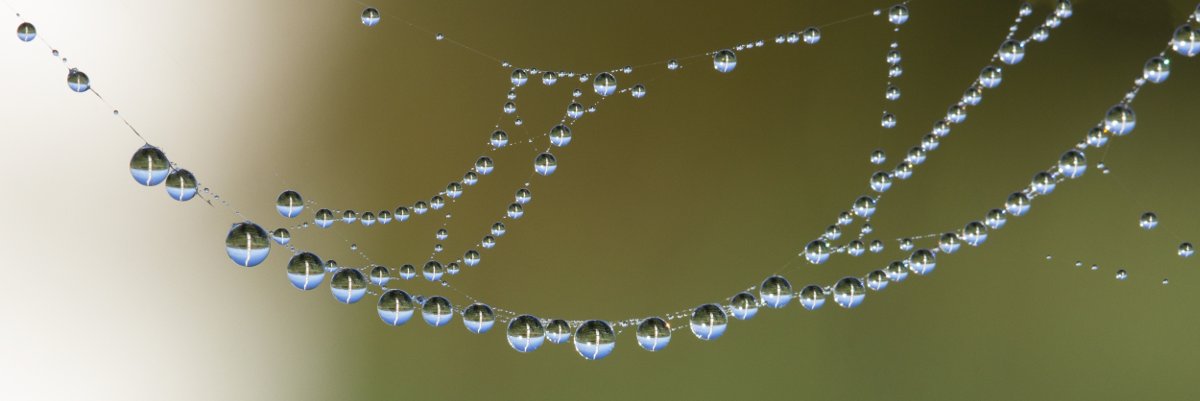
Long story short, my first bubble was burst in 1968 when I served in Vietnam with Army Intelligence.
In Vietnam, I learned that Presidents lie and friends die. I learned that Generals drink in the comfort of their friendly quarters, while grunts stink in the midst of enemy mortars.
After the war, I learned that people clap with noble self-righteousness for military personnel, but then do nothing to support those who volunteer to serve. It dawned on me that clapping is easy and cheap, but helping people with few resources and even fewer choices is hard and complex. And I learned that those who live in privileged bubbles make sure their loved ones never even consider serving in the military as an option. So, essentially, the shock of Vietnam, the realization that the system is rigged for the rich, and 50 years of hard work led me to the bubble I’m in now.
In my last post (“2020 World Culture Vision“), I briefly described life in the bubble of aristocratic England in the early 1900s. Coincidentally, I just finished reading the book News of the World, which describes life in Texas in the early 1800s. It was fascinating for me to compare the “cowboy and Indian bubble” in the Wild West with the “coddled elite bubble” of English aristocracy, and then reflect on the bubbles we live in now. I reached the conclusion that we all live in “Bubbleville” in one form or another.
In News of the World, Paulette Jiles tells the story of an older man who rode from town to town in his horse and buggy bringing news from around the world at a time in which access to news was difficult and most people didn’t read. He would gather people in town halls to share news about what was happening outside their bubble. The plot of this fictional account was built around the story of a young white girl who was captured at the age of 6 by the Kiowa Indians and was recovered four years later and returned to her remaining relatives. In those four short years, she had lost all memory or her early upbringing and had completely assimilated into a tribal, Native American culture. In essence, her life consisted of 3 entirely different bubbles that totally disoriented her sense of who she was.
The book made me wonder how much our bubbles disorient us and make it difficult to determine what is real and true.
Jiles’ book raised two questions for me:
- How can we become more aware of how are beliefs and actions are influenced by the norms and values within our respective bubbles, and
- How can we become more sensitive to the challenges people face in their bubbles?
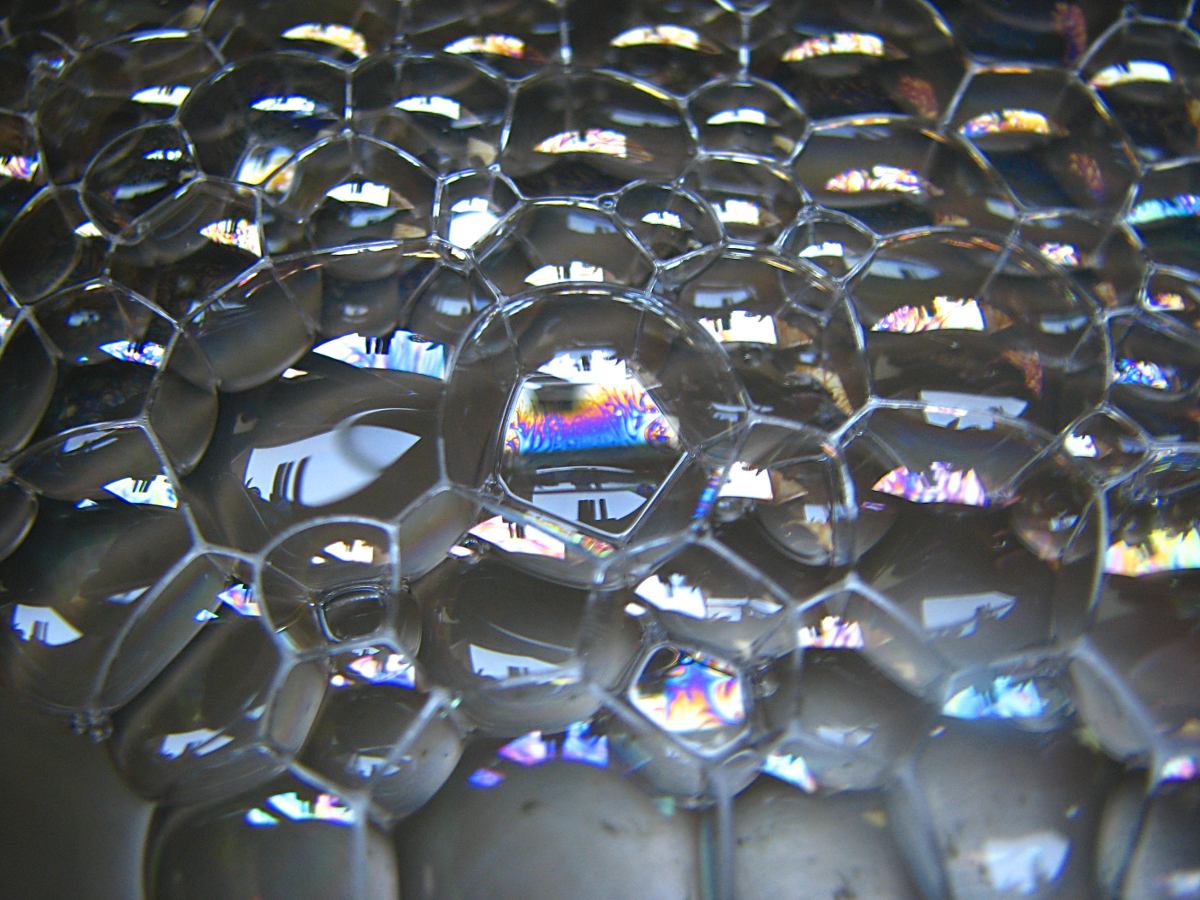
What strikes me as I take a retrospective look at the last 200 years is how much the nature of our bubbles has changed. 200 years ago, information was hard to get and communities were extremely isolated and isolating. With globalization and technological change, information from across the world has become totally accessible, instantaneous, and free.
So why has the world not become one big bubble in which everyone shares common goals?
For me, the answer is that people retreat into their information bubbles kept on life support with news feeds and social media that reinforce their beliefs and their cultural conditioning. In the 21st century, people not only have the power to select the information they hear, media outlets now tailor their information to penetrate targeted bubbles. And, guess what, it feels really good to get reinforced for your beliefs.
The truth is that false reality offers positive affect, i.e. if I only listen to stories that support my world view independent of the veracity of that information, I feel good about myself. On the other hand, real reality or substantiated science and facts creates a crisis, i.e. if I listen to information counter to my beliefs, I may have to admit I was wrong or find a new way of looking at the world. It’s no wonder people find bubbles and stay in them.
It’s easy to find a bubble that reinforces your beliefs, and you don’t have to do the hard work of thinking differently or considering alternatives.
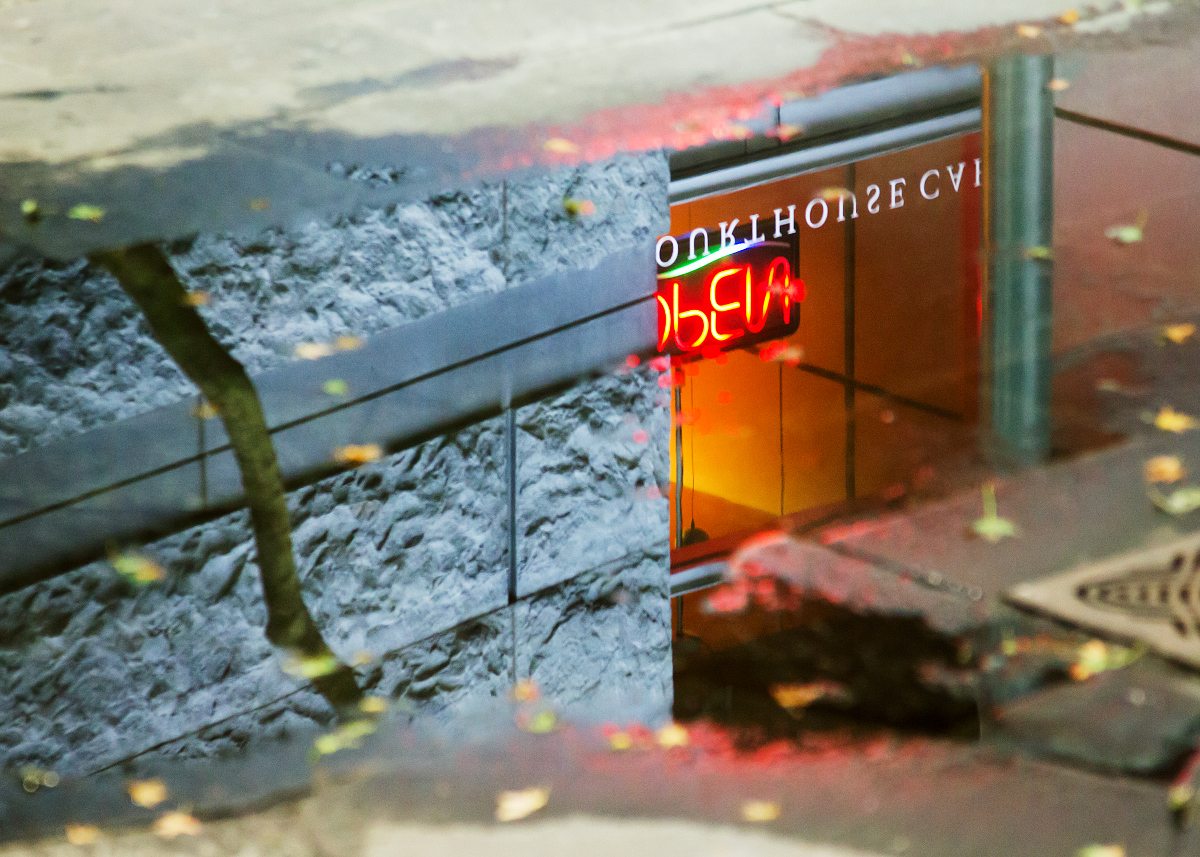
In short, these bubbles have become echo chambers of righteousness that block out any information contrary to the ideological beliefs contained within.
So what’s the answer? For me, we all need to develop more fully the skills of self-awareness, empathy, and information processing.
Self-awareness means being able to accurately observe our physical, emotional, intellectual, and spiritual preferences and practices. To be self-aware requires the ability to tune into our level of energy, our feelings, our biases, and our values at any given moment. People who are self-aware pick up cues on how their words and behaviors are impacting others. Self-aware people usually have a good sense of how they are being perceived in different situations. They know their limitations and strengths. Self-awareness starts with a deep understanding of how the bubbles we live in affect who we are and how we behave. This awareness continues by tuning into, ever so sensitively, our state of being in any moment.
Empathy means being able to demonstrate understanding for how other people are feeling and why they are feeling that way. To be empathic requires the ability to reframe accurately what you are hearing in fresh and creative ways. Empathic people come across as authentic, caring, and perceptive. They know and grow the people with whom they are associated. Empathy starts by demonstrating an interest in the lives of people who live outside our bubble. This interest evolves into accurate demonstrations of understanding for those who may think and act differently from us. Empathy culminates by, ever so patiently, reading the divides among us and finding common ground.

To be clear, self-awareness does not mean being self-absorbed, just as empathy does not necessarily represent agreement and support.
As we become more self-aware and empathic, however, our power to shape and influence grows. And as that power grows, we increase the chances of creating One Big Bubble in which everyone has a chance to live in peace and prosperity.
Information processing means being able to sort through the boundless chatter with which we are bombarded and arrive at reasonable conclusions. It requires us to seek out multiple, independent sources of information and develop mental models for finding what’s real in the morass of false reporting. It starts with healthy skepticism and evolves into a discerning intellect that can distinguish the real from the false.
I know I live in a bubble, and I know I need to get outside of it to hear the stories of people with different circumstances and challenges. And I would definitely benefit from greater self-awareness, empathy, and information processing. I’m also pretty confident I have a good grasp of “real reality,” but I don’t know how to burst the bubble of people I perceive as philistines and luddites living in a “false reality.” They seem very sure, stuck, and smug these days. Got any ideas?
Also published on Medium.
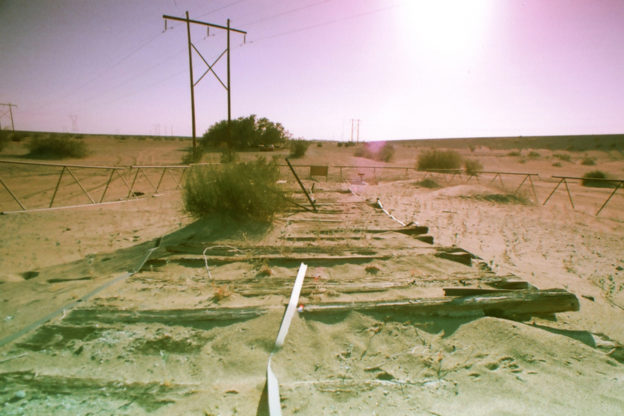
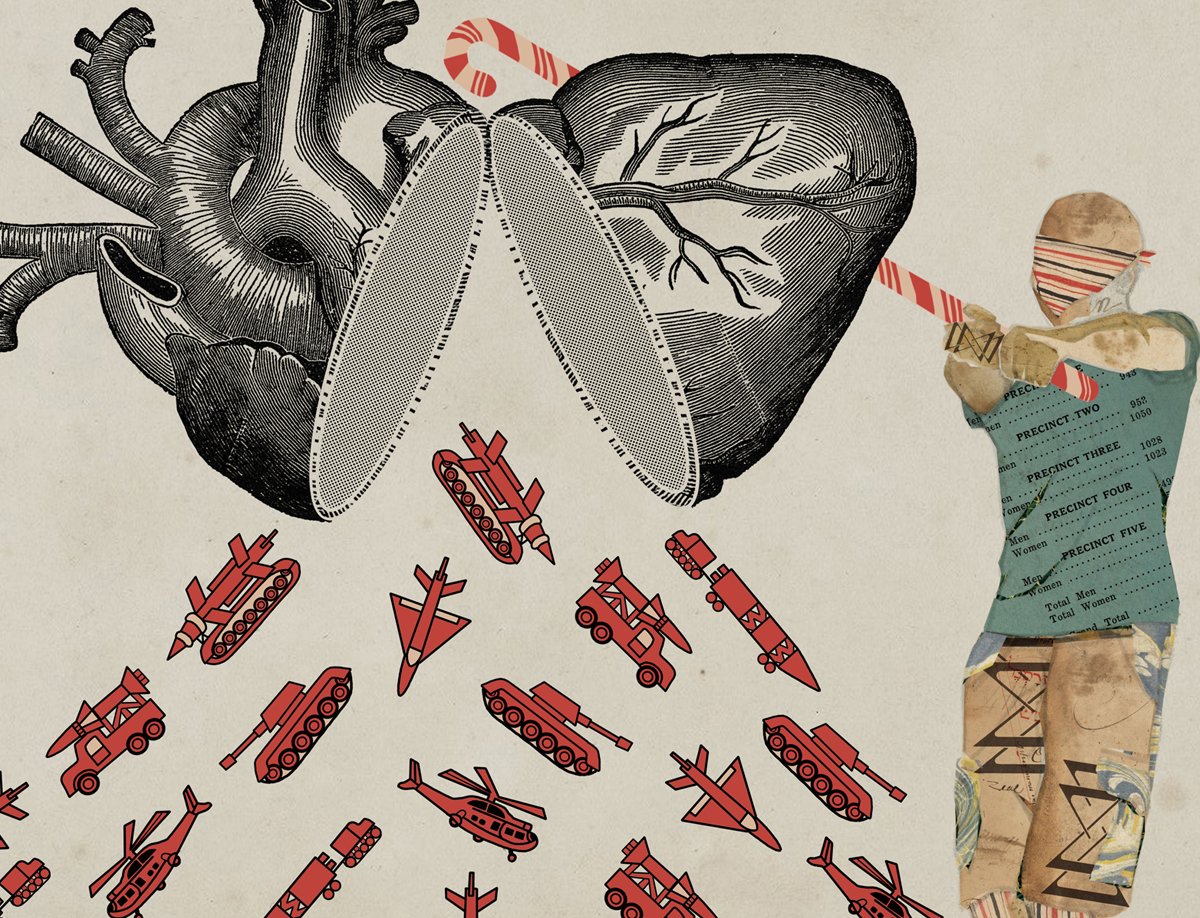

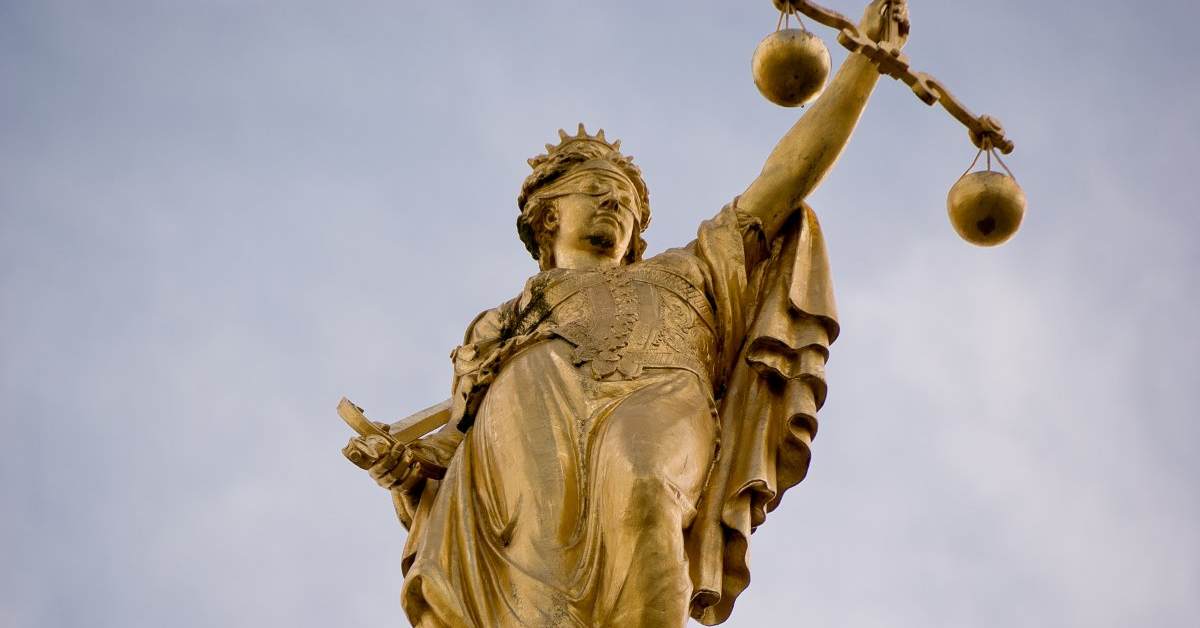
We grew up in similar bubbles Rick. Thank you for your wisdom and insights.
Yes we did my friend. I appreciate your on-going support. Sharing my post on your Facebook page really helps. Your comments always give me a boost and inspire me to keep writing.
Excellent essay Rick and timely since the “bubbles” on the left and right of so many issues today have walls that continue to get thicker, with common ground becoming increasingly elusive. Over three decades ago it seemed that President Reagan and Speaker O’Neill could “meet in the middle” for the common good. Not many examples of that today but self-awareness and empathy, if practiced, can provide hope for the future.
Matt L.
Nice to hear from you Matt. I hope all is well. I agree that the walls seem to be getting thicker and the common ground more elusive. It seems to me there are so many opportunities to find ways to work together, for example: education, the environment, economic growth. Unfortunately ideological rigidity makes it difficult to find the middle on even the simplest of issues. Independent of what happens in politics, increased self-awareness, empathy, and information processing will make us better as individuals. Thanks for your comments.
Great post Ricky (as usual)! Man, I’m having a lot of trouble understanding the bubble(s) down here in rich, white, ultra-conservative Fox News fed Marco Island. If it wasn’t for the fabulous senior softball league, I’d sell and stay up north (though, as you know, northern MI isn’t much different)! I agree that we should try to peek into other bubbles, and I even try to watch Fox occasionally, but the nightmares subsequent to same are problematic. Sad to say, I’m glad I’m 70, and not 30! Love you buddy! RonnyDonny
Thanks Ronny. Yes, some of these bubbles are nightmarish and it’s important to understand them. I still believe in the principle of reciprocity – people will only listen to you if they feel that you have understood their frame of reference. There is no guarantee, but it’s the only hope and the right thing to do. Hey, we can still be potent at 70!! Love, Rick
Yes Rick, for an idea, read David Brooks – NYTs 1/17/17 – Don’t let a “carnival fool” shape your bubble FOX
Thanks Fox. I read the article this morning. I was pleased to see that Brooks has pledged not to comment on his words and tweets, but only focus on the actions that come out of his administration. I totally agree that we need to find sources other than carnival fools to shape our bubbles.
Birds of a feather they flock together. OY it is uncomfortable to even talk to a Luddite. I love your reasoning and your ideas. Remembering my brief year in northeaster PA. Where I listened but was not given much time to talk. The Luddites kept trying to convince me I was wrong. I gave up! Moved back to my flock! Happiness is.
Thanks for your comment Betsey. And congratulations on going to Washington to participate in the Woman’s March – millions of people around the world protesting electile dysfunction compared to the 170,000 at the inauguration. I read an article in the Stone today about contempt. Essentially it suggested that being angry with someone for their beliefs and behaviors still engages them in the process. Having contempt for their views dismisses them as a person. I’m struggling with my contempt. I empathize and sympathize with the experience of the people who elected Trump, but I can’t get past my contempt for the expression of their experience. While it is true that Trump’s contempt for others is far more damaging than my individual contempt, I’m still trying not to wallow in negativity. Yes, I stay contentedly with my flock too. More in the next post on Gross Domestic Spirit. Love to you and Pam and your wonderful family.
Rick – as usual, you are spot on. On Election Day, I was smack in the middle of our annual drive to KW, and as we drove through the south east, incredulous about the election, my bubble quickly was apparent. My question to myself was “how did I miss it?” You are helping me answer that question and I’ll pass on your post to those that follow/are on social media with me. Thank you, and see you in the spring.
Thanks Marianne. Yes, we are all living in our bubbles, and it feels harder these days to reach out to those with different beliefs and behaviors. I really struggle with my contempt for people who continue to support a President with no rudder and no soul. I understand the experiences folks in red states have had that would lead them to vote against the “elite, politically correct, establishment, coastal intellectuals;” but I don’t understand the expression of that pain by voting against their own best interests in favor of rich people and powerful corporations. It makes no sense to me. Looking forward to seeing you soon.